|
In India, as schools reopen, we’re delighted to share progress from our programme to support older Dalit children to continue their education and build up vital skills to help them break the cycle of discrimination they face. It is extremely rare for Dalit children to obtain a secondary education so we are very excited about this programme of work, which will greatly improve life chances and provide further protection from child marriage and child labour for Dalit children. The National Institute of Open Schooling (NIOS), is a support programme for older children who finish at our Learning Centres but can’t access state secondary schools. Teachers support them to take formal Grade 8, 10 and 12 exams, giving them the credentials needed to apply to college or university. Despite all schools in India being shut down, our National Institute of Open Schooling (NIOS) sessions were permitted to continue during the lockdown from April - July 2021. Three NIOS centres were formally opened in late 2020 in Digha, Bind Toli and Round Table Nagar and 16 children have started the NIOS classes, receiving textbooks and taking part in three hours of classes, six days a week. The children have been working hard and are enthusiastic about their upcoming exams. JULI'S STORYJuli attends one of the NIOS Centres. When she was just five years old her father died. His death was a sudden blow to her mother who had to take care of five small children alone. She started selling vegetables to support her family and opened a vegetable shop, but the income from her shop was not enough to meet all the family's expenses. As a result, Juli was forced to work as a maid for a nearby family to bring in an extra income and had to stop her studies.
SUPPORTING MORE CHILDRENThere has been a great number of children interested in joining the scheme. Many children at this age often face pressure to work to support their families, so we hope to support as many children as possible to source the relevant papers and fill in the application forms (which are almost completely inaccessible to Dalit communities), so they can access this brilliant opportunity and remain in education. For female learners in the NIOS centres, the biggest challenge is to withstand the social pressure from family and community members to marry. It is feared that girls will be unable to find a husband if they pass what is widely believed to be ‘marriageable age’. Whilst we have managed to stop a number of child marriages, three of our learners have recently been married off and sent away, unable to complete their education.
Support usComments are closed.
|
RECEIVE OUR EMAILSBlog Categories
All
Archives
July 2024
|
|
JOIN US ON SOCIAL MEDIA
|
Annual Report | Contact Us | Jobs | Media Centre | Resources | Shop
Accessibility & Policies: Accessibility | Equity, Diversity & Inclusion Policy | Complaints| Privacy Policy | Safeguarding
Accessibility & Policies: Accessibility | Equity, Diversity & Inclusion Policy | Complaints| Privacy Policy | Safeguarding
Children on the Edge, 5 The Victoria, 25 St Pancras, Chichester, West Sussex, PO19 7LT, UK | 01243 538530 | [email protected]


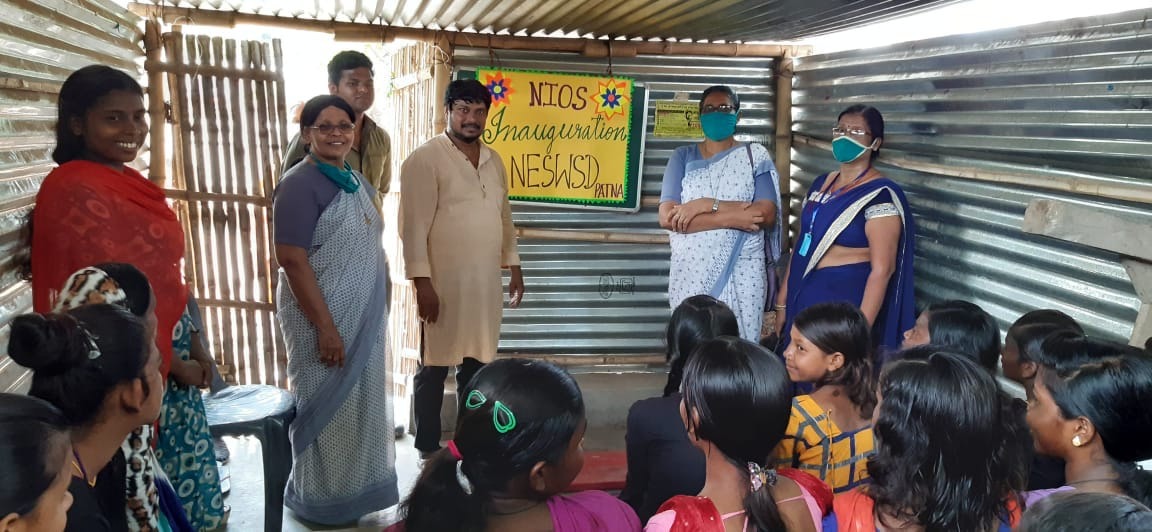
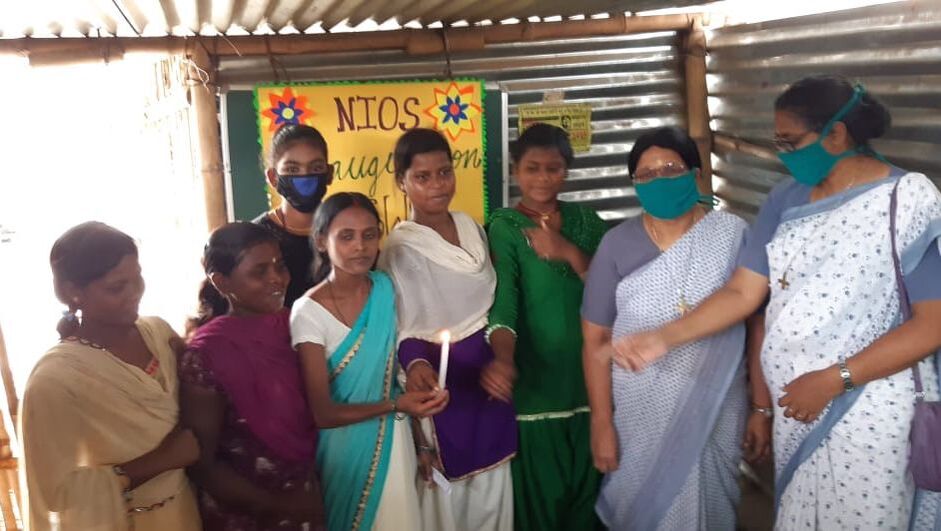
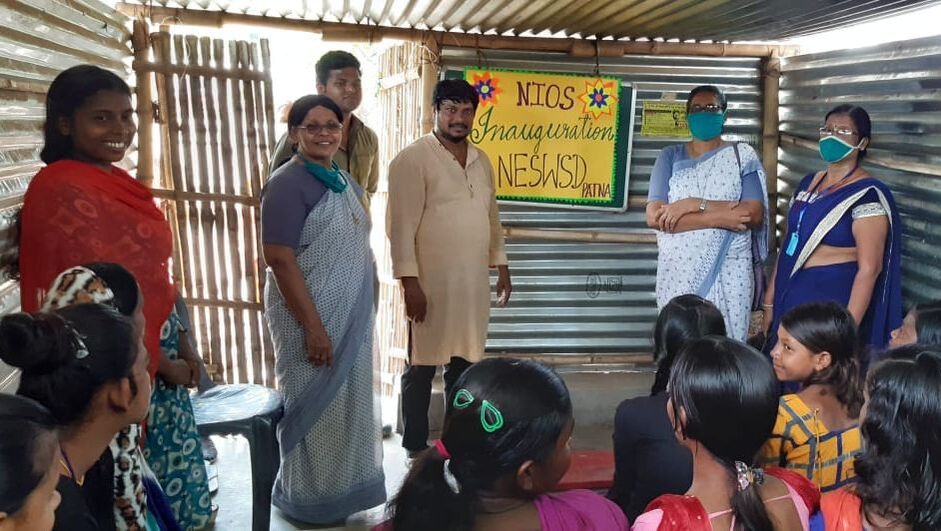
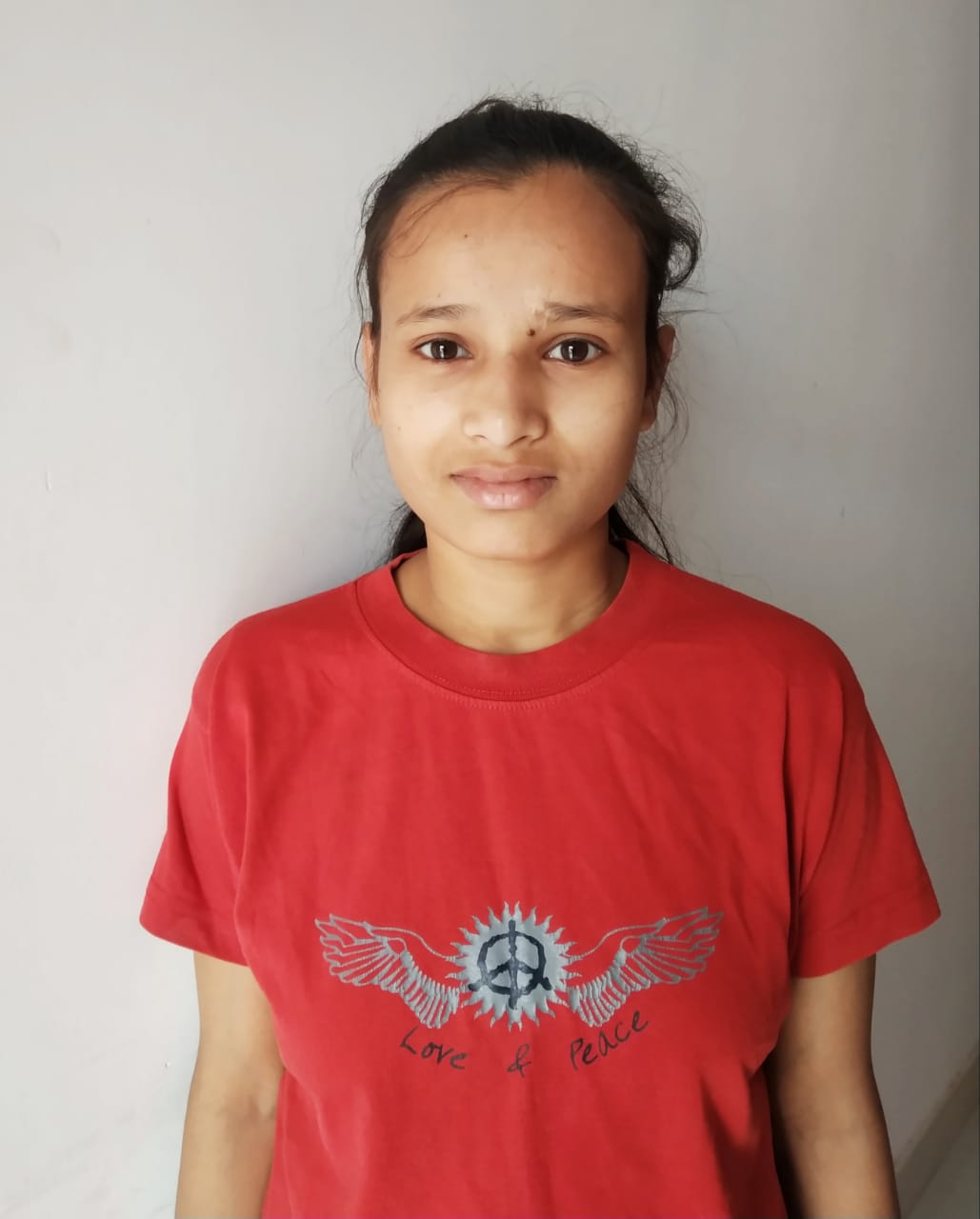
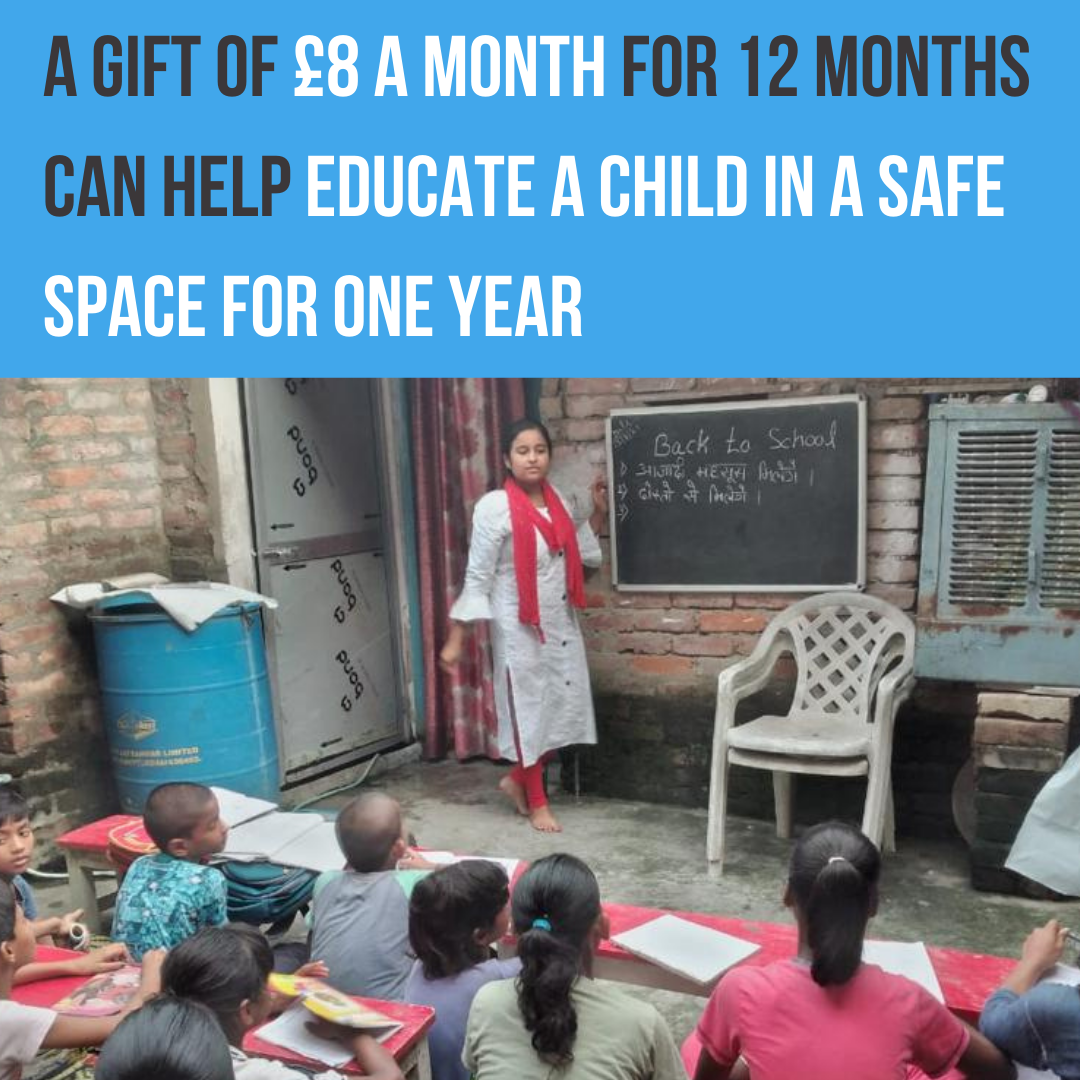
 Give monthly
Give monthly Fundraise for us
Fundraise for us RSS Feed
RSS Feed
